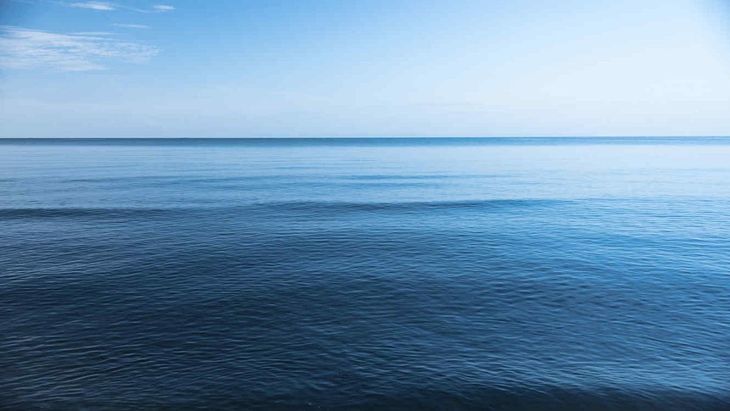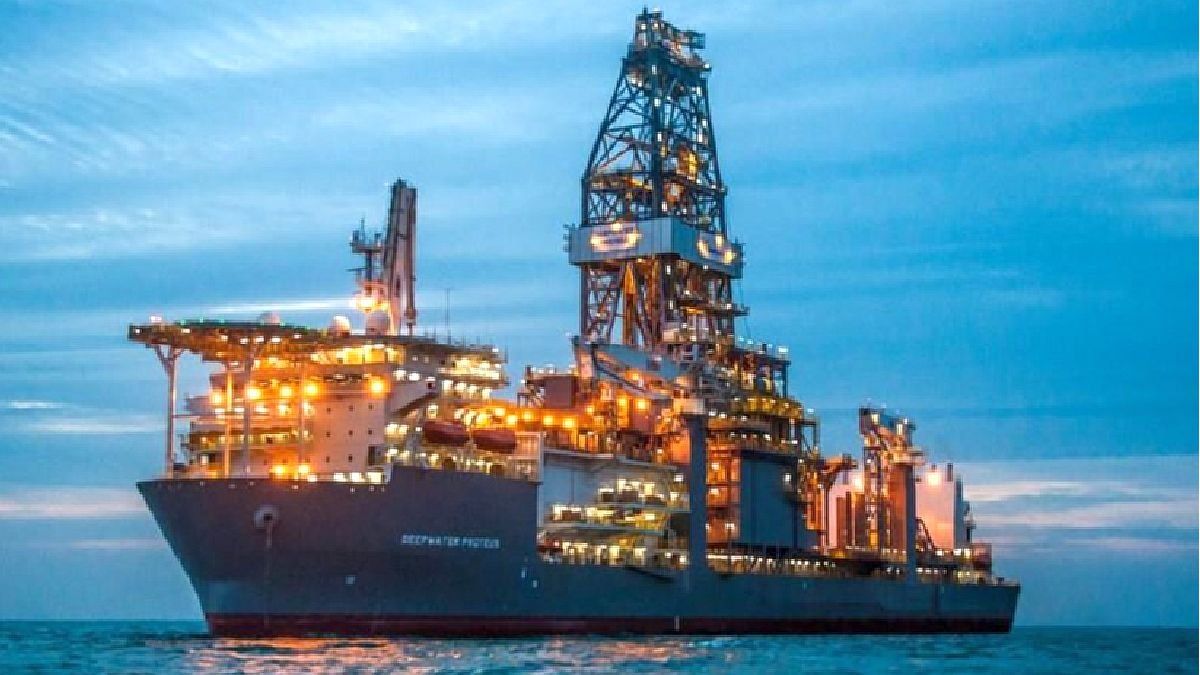After difficult negotiations, the ISA Councilgathered in Jamaica two weeks ago, indicated his “intent to continue production” of the regulations and procedures to regulate the activity, pointing to the adoption of the regulations in the 30th session of the Authorityin 2025.
UN-assembly.jpg
“It is not a fixed term, it is an indicative objective”commented in statements quoted by the news agency France Presse the Mexican Juan Jose Gonzalez Mijarespresident of the Advice.
The organism possesses 36 Member Statesamong them, the Argentinawhich has a permanent mission. Until now, ISA was limited to grant seabed exploration permitswithout allowing exploitation, until the completion of a mining code that regulates activity in the deep sea and in areas outside mining jurisdictions.
pacific-ocean.jpg

Work on the code already takes ten years and, in that period, a legal loophole that can be used by some countries to start exploit these funds. In 2021, Nauru, small island state of Peacefulhe activated a clause for the mining code to be adopted in a period of two years, which expired on July 9th. Since then, any country can submit a exploitation contract request on behalf of a company you sponsor. In fact, the ambassador of Nauru, Margo Deiyeanticipated in the session that his government will soon request a extraction contract for the company Nori (acronym for Nauru Ocean Resources), a subsidiary of the Canadian The Metals Company.
Although the Advice reiterated that commercial exploitation “it should not be carried out” until the code is formalized, did not make a decision on what to do in the event that there is a absentee application of said regulation. Meanwhile, simultaneously with the meeting, the organization Deep Sea Conservation Coalition (formed by Green Peace and WWF) demanded “urgently” a moratorium on activity.
The ISA Assemblywhich has 167 Member Stateswill discuss next week the establishment of a “preventive break” to prevent the permissions from being activated to be able to exploit the submarine bed until the code is passed. This position is defended by Spain, France, Chile and Brazilamong other countries.
russia china military ships.jpg

The mining extraction in the deposits of sulfide located in the litter -at depths between 4,500 feet and 12,000 feet- is leered at by the damage that can cause the deep sea ecosystemson which one has few informationbut in which, according to the International Union for Conservation of Naturethere would be a Biodiversity of “vital importance” for humanity.
Similarly, there are also warnings because of the danger that boats pour into the sea toxic waste by crushing and pumping the rocks to the surface with the extractive machines and System of cubes, in addition to the possibility that the carbon dioxide caught in the seabed.
Oil Exports Boat.jpg

Courtesy: The Morning of Neuquén
On the side of the mining companies there is growing interest in the businesssince it is considered that large amounts of minerals critics like copper, manganese, cobalt or nickelessential for, for example, the tech industryand products like batteries, wind generators and photovoltaic panels.
Source: Ambito




